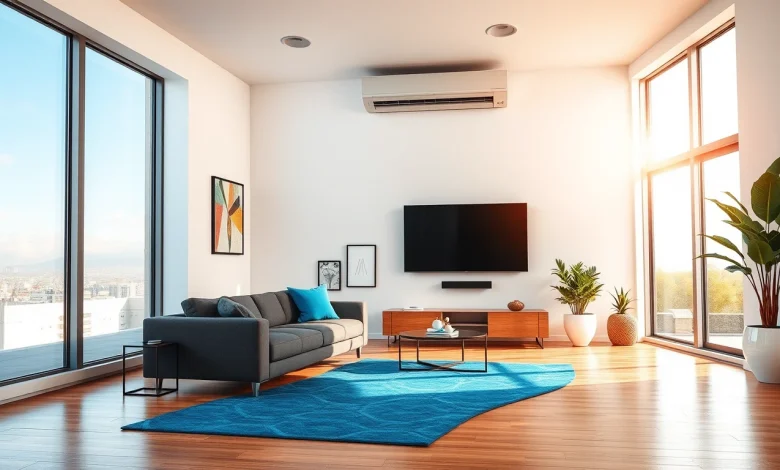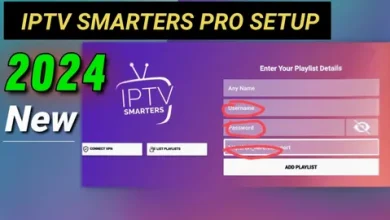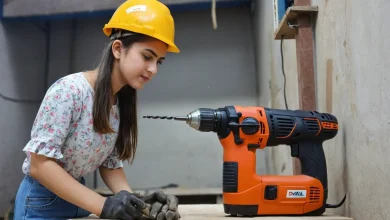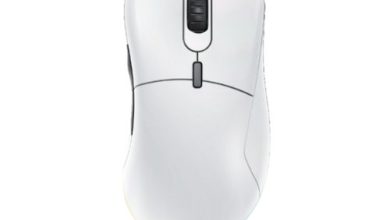
As temperatures climb, the use of air conditioning spikes, often resulting in higher energy bills and a larger environmental footprint. Luckily, there are many ways to maintain a comfortable temperature without excessive energy use. This guide walks you through practical solutions, technology options, and helpful tips to enhance the efficiency of your air conditioning system.
What Is Energy Efficiency in Air Conditioner?
Energy efficiency in air conditioning measures how effectively a system cools a space with minimal energy use. This is generally quantified by the Seasonal Energy Efficiency Ratio (SEER), which compares the cooling output to energy consumed during a typical season. Higher SEER ratings indicate greater efficiency, and units with a rating of 14 or above are often considered efficient. When selecting a new Air Conditioner, look for high SEER-rated models for better performance.
Invest in Energy-Efficient Appliances

Energy-efficient appliances contribute to lower energy costs. Look for the ENERGY STAR label when buying new appliances from Hyundai Power, which guarantees they meet high energy efficiency standards. This applies to more than just air conditioners; energy-efficient refrigerators, washers, and dryers also reduce your overall energy consumption.
Selecting the Right Air Conditioning System
Choosing the right Air Conditioner type is crucial for efficiency. Here are some options:
- Central Air Conditioning: Best for larger homes, central AC distributes cool air through ducts, ensuring even cooling throughout. Opt for models with high SEER ratings to maximize efficiency.
- Ductless Mini-Split Systems: These are ideal for homes without existing ductwork and allow for zoned cooling. They are highly efficient, offering independent control over various rooms.
- Window Units: Window AC units work well for smaller spaces and can be a cost-effective solution. Selecting ENERGY STAR-rated models ensures better energy performance.
- Smart Air Conditioners: Many modern units offer smart capabilities, allowing you to control temperatures remotely. These models can optimize cooling schedules based on usage patterns, reducing overall energy consumption.
Maintenance for Optimal Efficiency
Regular maintenance is vital for keeping your AC running efficiently. Key maintenance tasks include:
- Changing Filters: Replace or clean air filters every 1-3 months.
- Cleaning Coils: Dust buildup on coils reduces efficiency. Schedule annual cleaning or clean them yourself with a brush or vacuum.
- Checking Refrigerant Levels: Low refrigerant levels affect cooling efficiency and may indicate a leak, which should be repaired by a professional.
- Inspecting Ductwork: For central air systems, inspect ductwork for leaks or blockages. Sealing leaks can significantly improve performance and reduce costs.
Optimize Thermostat Settings
Your thermostat plays a big role in managing energy use. Here are some tips to get the most from your thermostat:
- Set a Higher Temperature: Adjusting the thermostat up a few degrees, like setting it to 78°F (25°C), can save energy without sacrificing comfort.
- Use a Programmable Thermostat: Programmable thermostats let you set schedules, so your AC runs less when no one is home, saving energy.
- Install a Smart Thermostat: Smart thermostats learn your preferences and cooling patterns, adjusting settings accordingly. They can also track energy usage, helping you find ways to save.
Improve Home Insulation and Sealing
Good insulation and sealing prevent heat from entering and cool air from escaping, which boosts AC efficiency:
- Seal Air Leaks: Check for gaps around windows, doors, and ducts, and seal them with caulk or weatherstripping to maintain consistent temperatures.
- Upgrade Insulation: Proper insulation, especially in walls and attics, helps stabilize indoor temperatures and reduces the workload on your AC.
- Choose Energy-Efficient Windows: Double-glazed or low-E windows reduce heat transfer, keeping your home cooler in summer.
Consider Alternative Cooling Methods
In addition to air conditioning, consider these energy-saving alternatives:
- Ceiling Fans: Fans circulate air and create a wind-chill effect, allowing you to set the thermostat higher without sacrificing comfort.
- Natural Ventilation: Open windows during cooler times to let in fresh air. Cross-ventilation can also help cool your home without AC.
- Shaded Landscaping: Trees and awnings provide natural shade, reducing the heat absorbed by your home.
Conclusion
Achieving energy-efficient air conditioning is essential for keeping cool while minimizing energy costs and environmental impact. By choosing the right AC system, keeping up with regular maintenance, optimizing thermostat settings, improving home insulation, and using alternative cooling methods, you can ensure maximum efficiency. Additionally, investing in energy-saving appliances adds to your home’s energy performance and savings.









